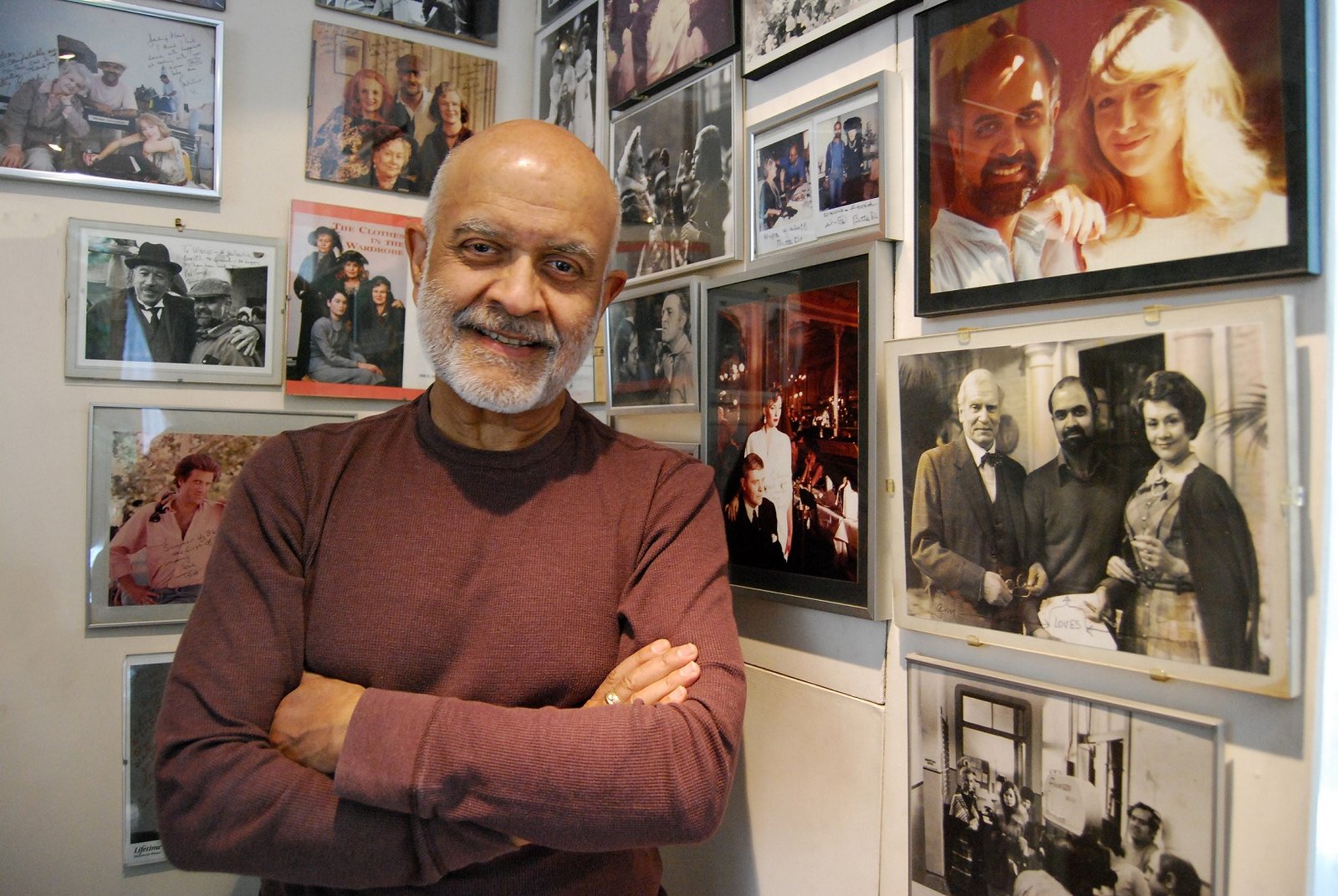Over the years, Radio Times has published some excellent Doctor Who archive material, and that tradition is maintained in this anniversary year with extracts being made available online from the journals of Waris Hussein, the programme’s first director and one of the key figures in steering it through its early months.
Hussein has read through the journals for the first time in six decades and, speaking to Patrick Mulkern, gives his reflections on what he was feeling at the time about his work on this curious new sci-fi series which nobody quite understood.
The extracts present a fascinating picture of problems with scripts, casting, and production combining to make for a fraught, stressful situation for those tasked with bringing Doctor Who to the screen. An early mention of the series from May 1963 has Hussein close to despair:
“The more I think of “Dr Who”, the more it depresses me and I can’t bear the thought of it. I hope it never happens.”
Speaking in 2023, the director explains that “nobody knew exactly what the format was. The scripts were non-existent apart from the first one by Anthony Coburn. There was nothing more to go on. The sci-fi element didn’t bother me particularly; it was more that we’d be dealing with Stone Age characters… I didn’t want to be laughed at – directing actors in skins.”
Doctor Who had a famously difficult beginning, with head of drama Sydney Newman’s criticisms of the pilot episode leading to a reshoot. Here we get Hussein’s contemporaneous thoughts:
“Verity dropped Bill Hartnell at Charing Cross so under Sydney’s edict and patronage I sat in his Jaguar and he criticised my profile shots and pushing into close-ups from long shots. Eventually a meal at the Fui Tong [a Chinese restaurant] and then Sydney’s extraordinarily contradictory observations. The cast in his opinion was not entirely successful. He was disappointed because they showed no sense of humour in their performances, especially Bill who was not quaint and mischievous enough.”
The advantage diaries have over an autobiography is that they are written in the moment, with no hindsight or filtering of the writer’s views. An example here is Hussein’s barbed comments about producer Verity Lambert, who he would go on to enjoy a close friendship with, but in December 1963 writes:
“Things have changed on Dr Who… people concerned with the programme are riding on the crest of a wave. Verity has taken all the fame and praise; newspapers ran articles on her as being the youngest producer in TV and Dr Who was her brainchild and baby. Success has gone to her head, her attitude has changed, certainly towards yours truly and I have been relegated to the second rank.”
Hussein now reports that he was feeling that his role had been rather overlooked, and that, given he a Lambert were similar characters, clashes were inevitable.
These Radio Times articles are the most fascinating things about Doctor Who you’re likely to read all year. Waris Hussein would not direct the programme again after Marco Polo, so there are no further mentions of the programme beyond what the three pieces present. Should there be enough material, however, it would be wonderful to see the journals published and be able to read his thoughts on the rest of his illustrious directing career.
Here, you can check out: Part One | Part Two | Part Three.



